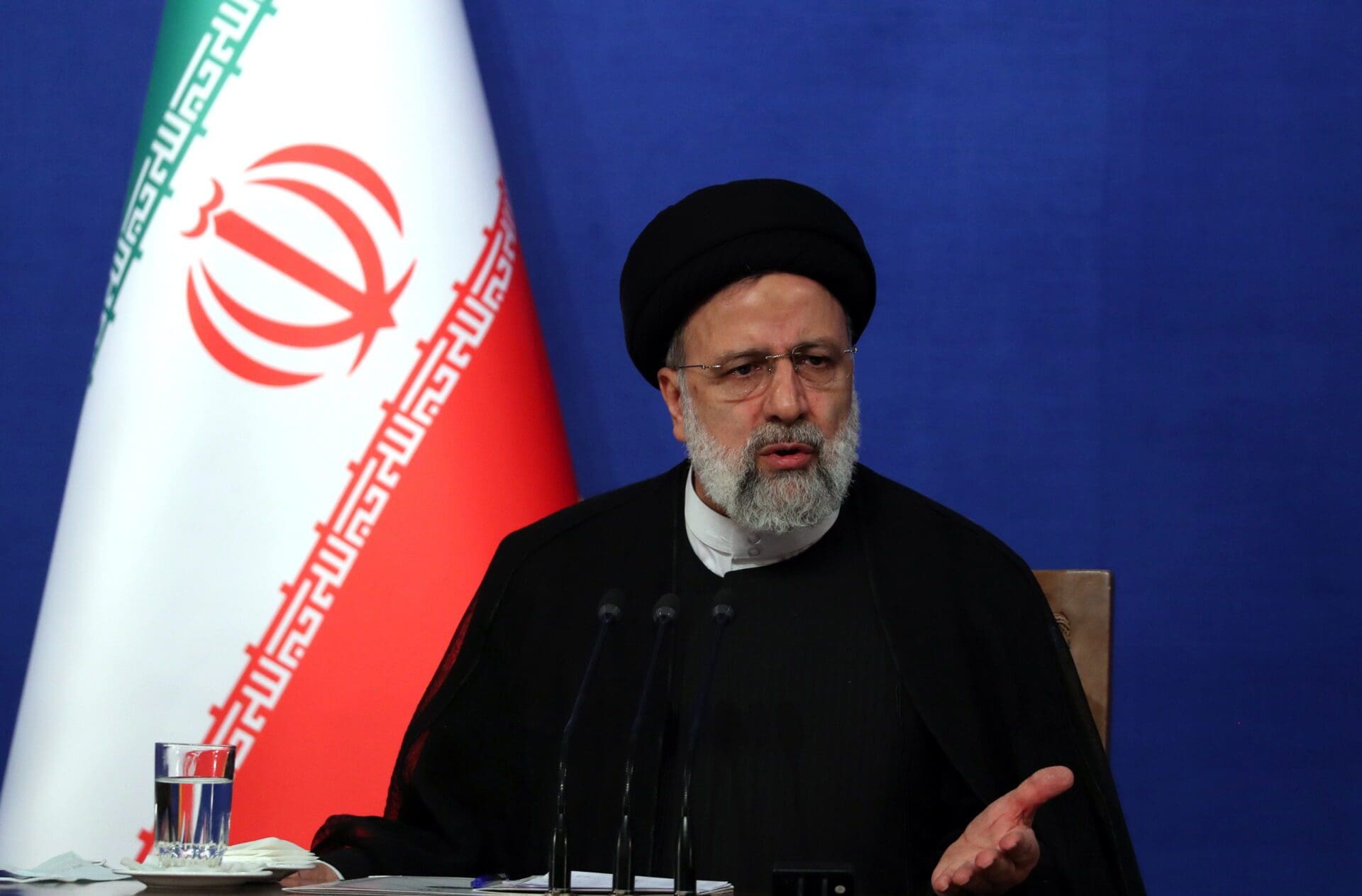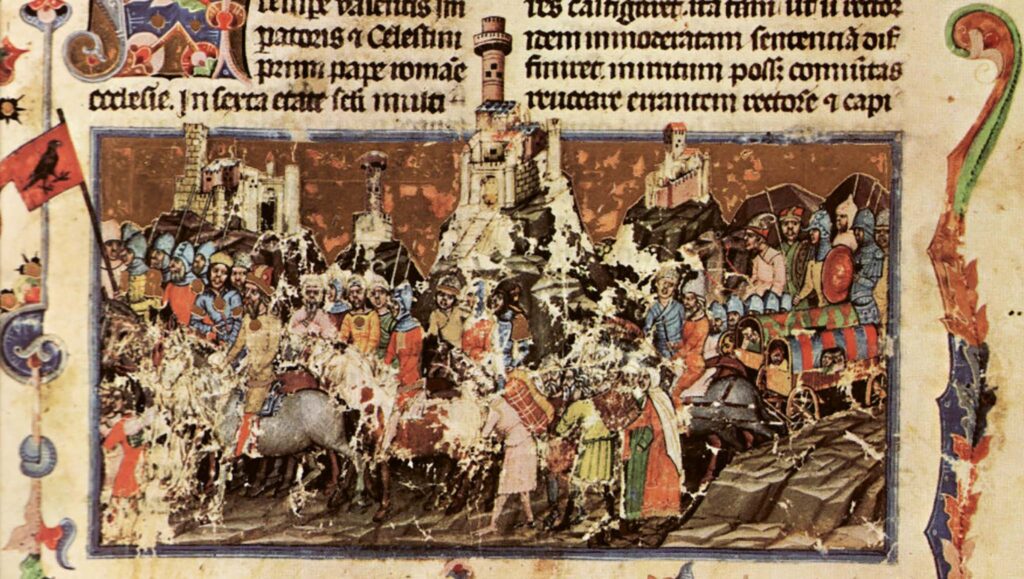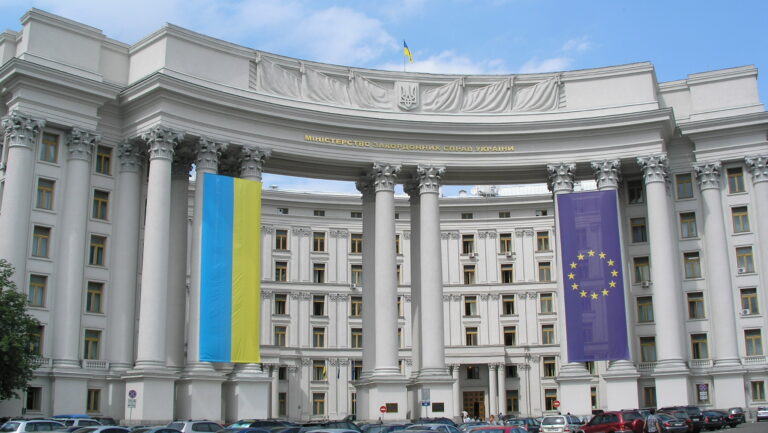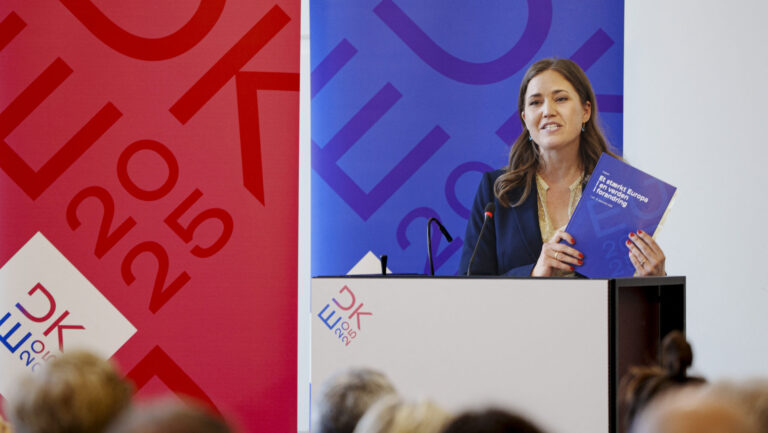While the European Union is castigating Hungary, specifically with the recommendation to freeze €7.5 billion in funds over rule of law concerns, it has been abetting the Islamic Republic of Iran’s crimes against humanity—and the same can be said for the United States.
In a November report, the Tehran Times showed how the EU continues to trade with the Iranian regime of Iran. In fact, Iran is the EU’s second biggest trade partner, representing 12.3 per cent of the country’s total trade in goods with the world in 2020. Before the current sanctions against the regime, Iran’s exports to the EU increased by 28 per cent this past year. All this despite the theocratic regime being classified by the US State Department as ‘the world’s worst state sponsor of terrorism’, funding international terrorist groups and engaging ‘in its own terrorist plotting’ around the globe, particularly in Europe.
According to Eurostat—the statistical office of the European Union—the total value of trade between Iran and the EU reached €3.947 billion in January–September 2022, while the figure was €3.025 billion in the same period of 2021. This includes €72 million worth of export goods to the EU, compared to €472 million imports to Iran. Perhaps this is why Ukraine, according to the Russian news agency TASS, stripped the Iranian ambassador in Kyiv of his accreditation in September this year.
What makes matters even worse is that the Iranian regime has not only incremented its military support for Russia’s war in Ukraine with kamikaze drones, but
it is now receiving from Moscow an unprecedented level of military support
with Sukhoi Su-35 fighter jets. In addition, Washington has stated it has evidence that Iranian troops were ‘directly engaged on the ground’ in Crimea supporting Russian drone attacks.
US President Joe Biden, in what was lip service, vowed last month to liberate Iranians from their draconian regime, yet his administration continues to be reticent to apply any pressure on Brussels to stop its business dealings with the mullahs. Part of this is due to their credulous hope that Iran can be counted upon to re-enter the Joint Comprehensive Plan of Action (JCPOA)—known as the Iran nuclear deal—which it abandoned after former President Donald Trump pulled the US out in 2018.
Not only has Iran enriched more uranium than ever before, it has been in clear violation of the UN Security Council Resolution 2231, which calls on the Iranian government ‘not to undertake any activity related to ballistic missiles designed to be capable of delivering nuclear weapons, including launches using such ballistic missile technology.’ All this said, the US still restored a sanctions waiver to Iran in early February, thereby indirectly facilitating the regime’s draconian practices.
The Big Nuclear Lie
Iranian Supreme Leader Ayatollah Khamenei has declared that Islamic law prohibits the production or use of nuclear weapons. On his official website, Khamenei added n April 2015:
‘Both sharia [Islamic laws] and aqli [related to logic and reason] fatwas—religious decisions made by mufti (Islamic scholar who is an interpreter or expounder of Islamic law)—dictate that we do not pursue them.’
World leaders, such as then-President Barack Hussein Obama, also bought into the Supreme Leader’s fatwa to support Iran’s claim that it does not want a nuclear bomb. Obama, in an attempt to reach a nuclear deal and appease the Iranian regime, went so far as to say during his address to the UN General Assembly in 2013: ‘The Supreme Leader has issued a fatwa against the development of nuclear weapons.’
It must be known that the Iranian Shi’ites are masters of taqiyya (the art of deception or lying) and have led the international community to believe that they, notwithstanding their brutal crackdown on pro-democracy activists, can be relied upon to uphold their word. The reality, at least with the nuclear deal, is that
Tehran has acknowledged in February last year that it would pursue obtaining nuclear weapons.
In a live interview, Iranian Intelligence Minister Mahmoud Alavi, a close advisor to Khamenei, pointed out recently that Iran is in fact very likely pursue that path:
‘I must make it clear that if a cat is pushed into the corner, it may behave differently from a cat that walks freely. If Iran is pushed into a corner, it will not be its fault [i.e., the pursuit of nuclear weapons] but rather the fault of those pushing it.’
This statement is more than revealing. The Iranian leaders have long argued that there is no way they can seek nuclear weapons due to the fatwa issued by Khamenei. Aside from the fact that a fatwa can be changed at any time, as Rafizadeh points out, the Islamic Republic of Iran’s constitution permits the government to pass laws prioritizing codified laws over religious rulings and fatwas. Article 167 says that the ‘the judge is bound to endeavour to judge each case on the basis of the codified law [passed by the parliament and endorsed by the Guardian Council].’ Then it adds, ‘In case of the absence of any such law, he has to deliver his judgment on the basis of authoritative Islamic sources and authentic fatwa.’
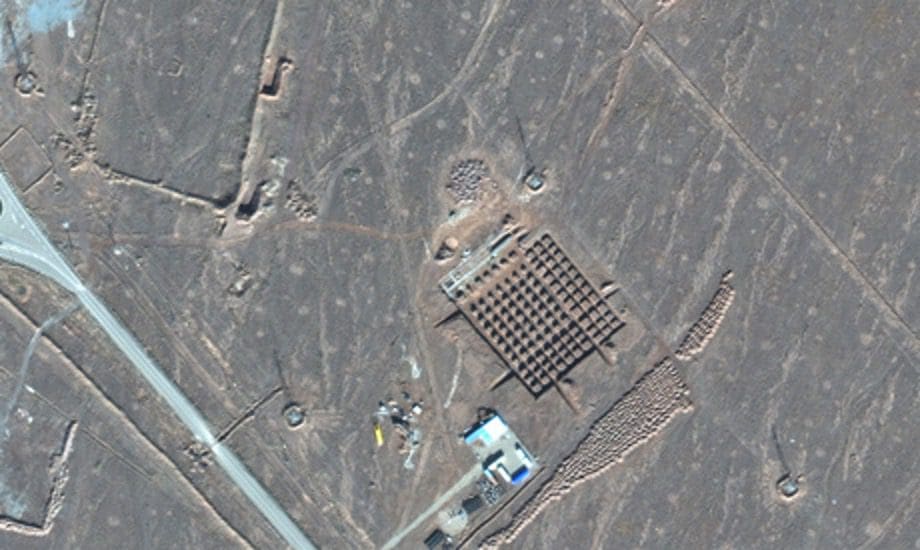
The favourable disposition towards the Islamic body politic in Iran was already highlighted when last year President Joe Biden decided to lift the terrorist designation imposed on Yemen’s Iranian-backed Houthi rebels, in the wake of the deadly attacks launched against the United Arab Emirates (UAE), one of Washington’s key allies in the Gulf.
It is not as if President Biden cares about the well-being of the Iranian people, especially since he has shown not to even care at all about Americans in the region. As many as nine thousand US citizens, according to a February 2022 report released by the Senate Foreign Relations Committee, were left behind in Afghanistan when the US military withdrew from the country on 31 August. This contradicts what the US State Department has claimed, namely that only a few hundred remained behind by their own free will.
US Special Envoy for Iran Robert Malley stated early this month that the White House is ready to use military force to keep Iran from building a nuclear bomb:
‘We’ll have the sanctions, pressure and diplomacy. If none of that works, the President has said, and, as a last resort, he will agree to a military option because if that’s what it takes to stop Iran from acquiring a nuclear weapon, that’s what will happen. But we’re not there.’
I think the military option is highly unlikely, while sanctions are not going to do the job.
What is worrisome is that, just like with the recent anti-government protest movement in Communist China—the largest it has seen since the unrest in 1989 that culminated with the Tiananmen Square massacre—both the EU and the US have once more succumbed to the ostrich syndrome. If they are openly supportive of Ukraine in its defensive war against Russia, why are they not showing tantamount support for the oppressed Iranians?
Badri Hosseini Khamenei, a sister of Supreme Leader Ayatollah Khamenei, recently called on Iranian security forces to lay down arms and join the protesters demanding an ouster of the country’s Islamic leadership. It is time that the EU and the US assisted in this.

